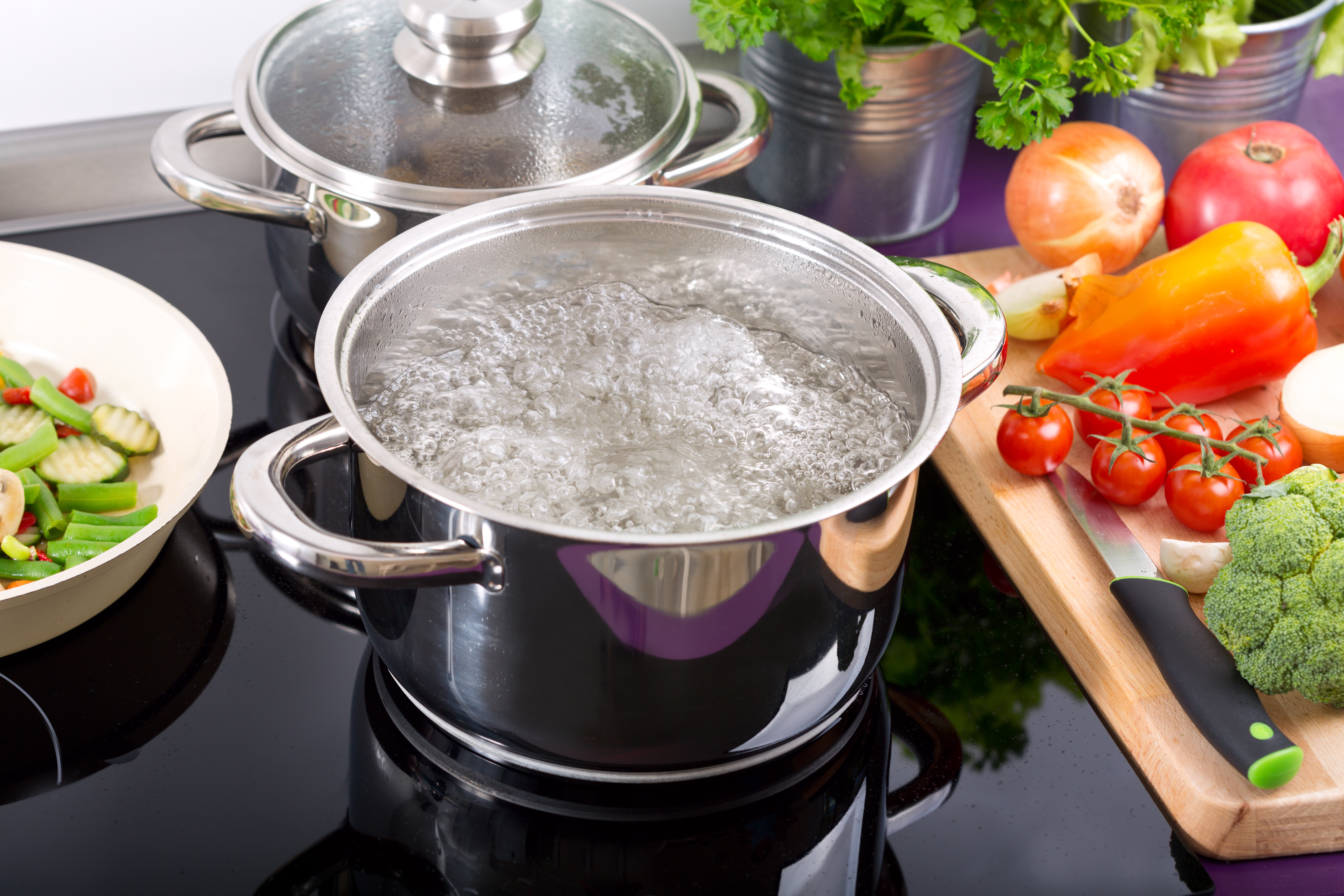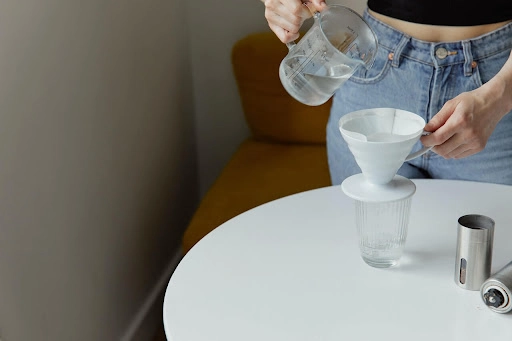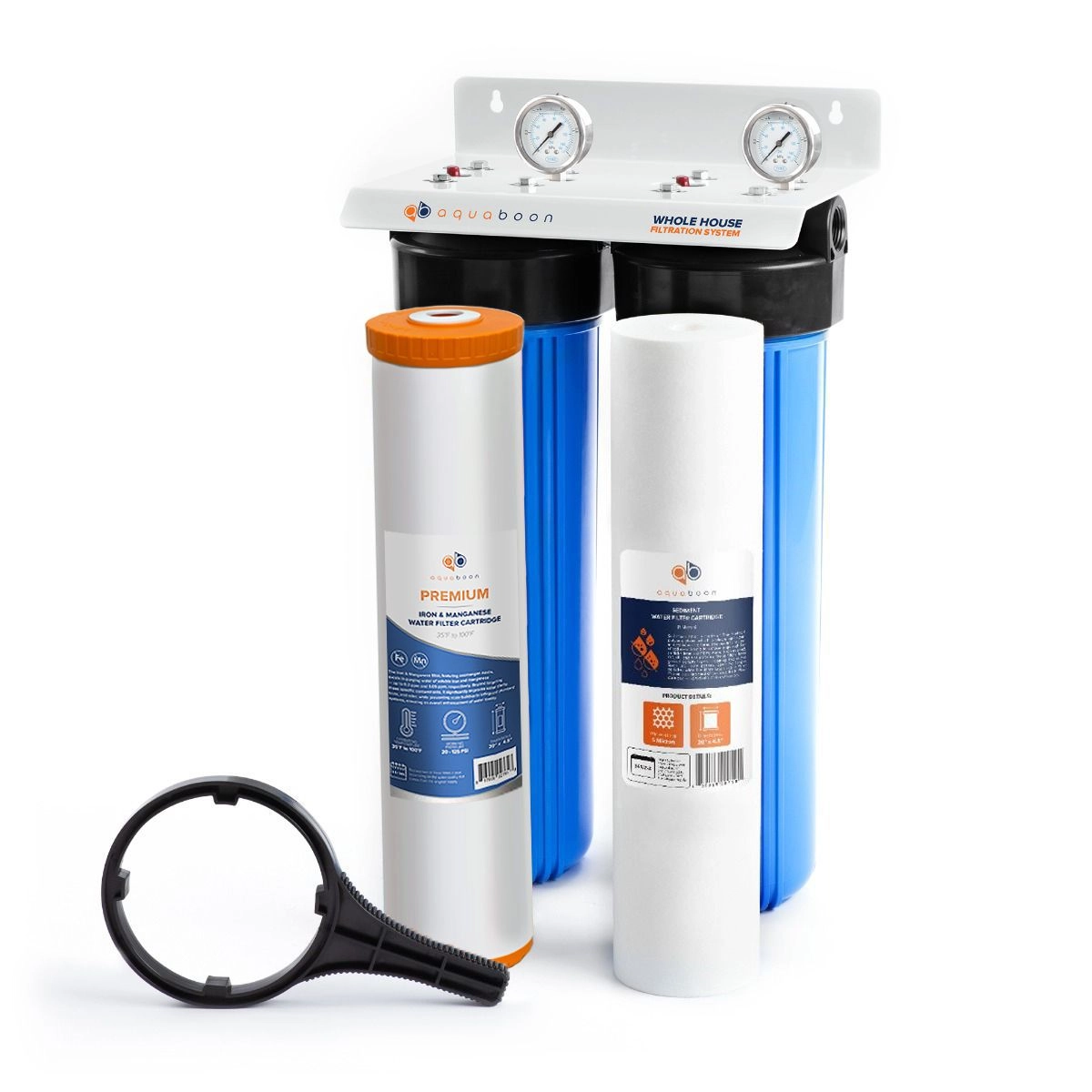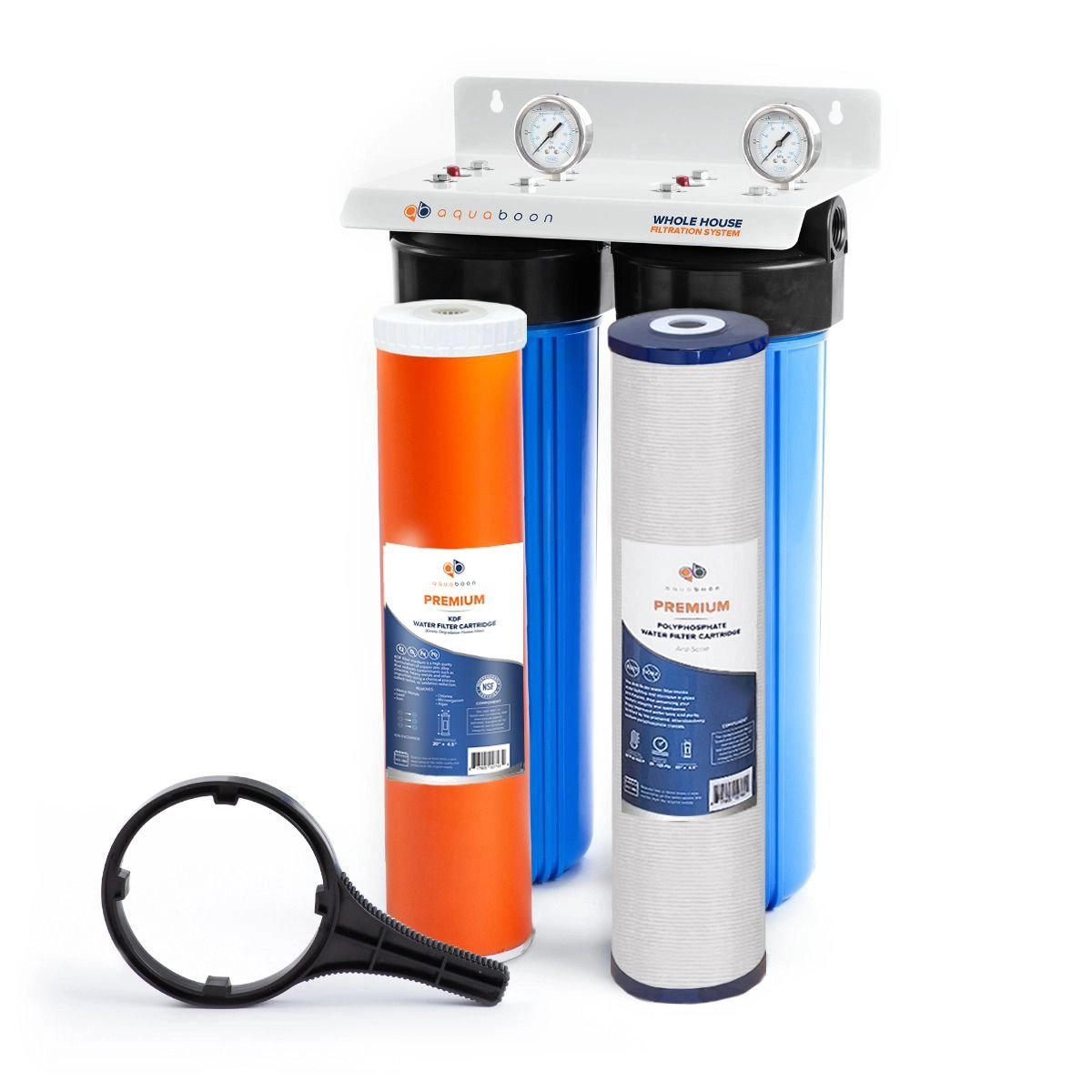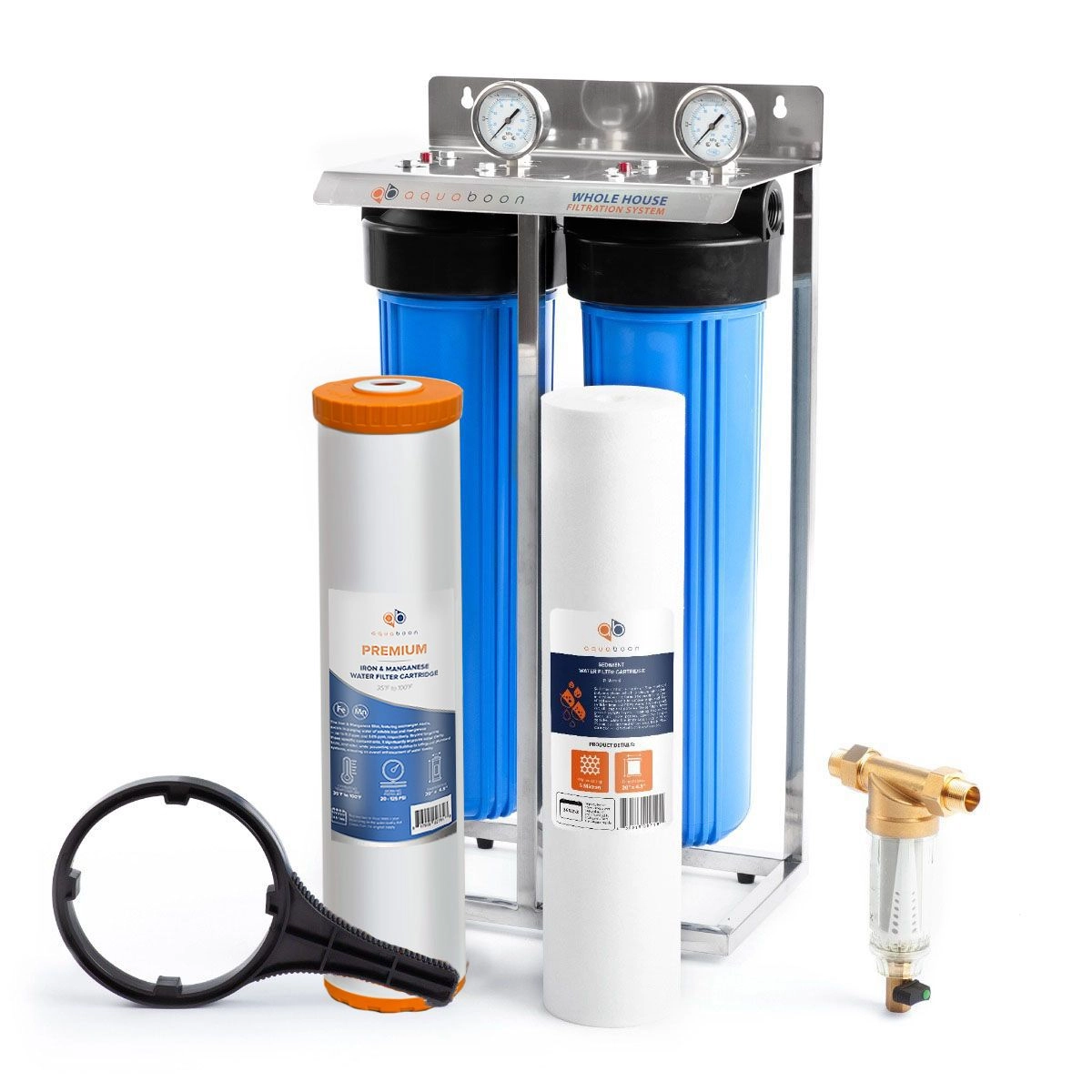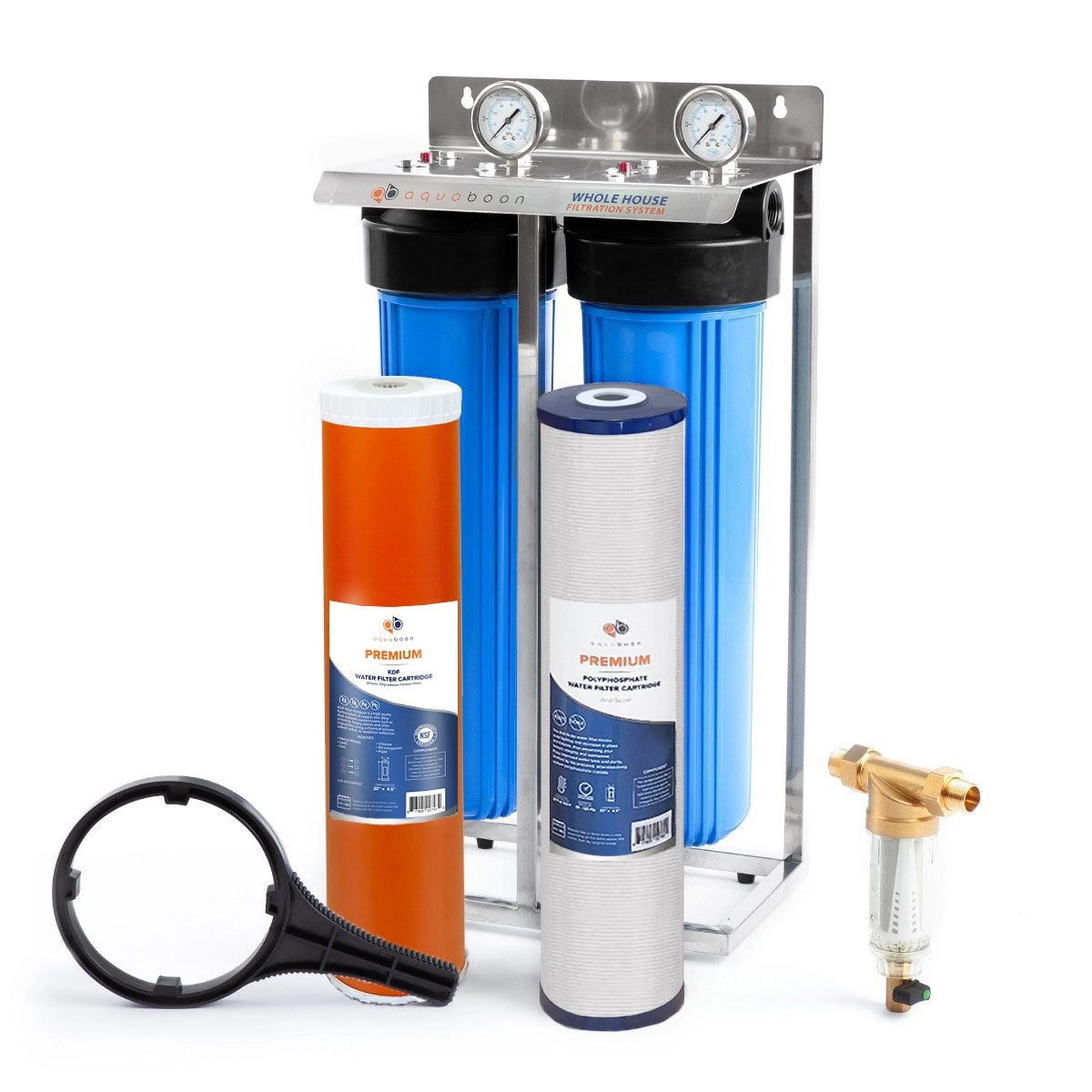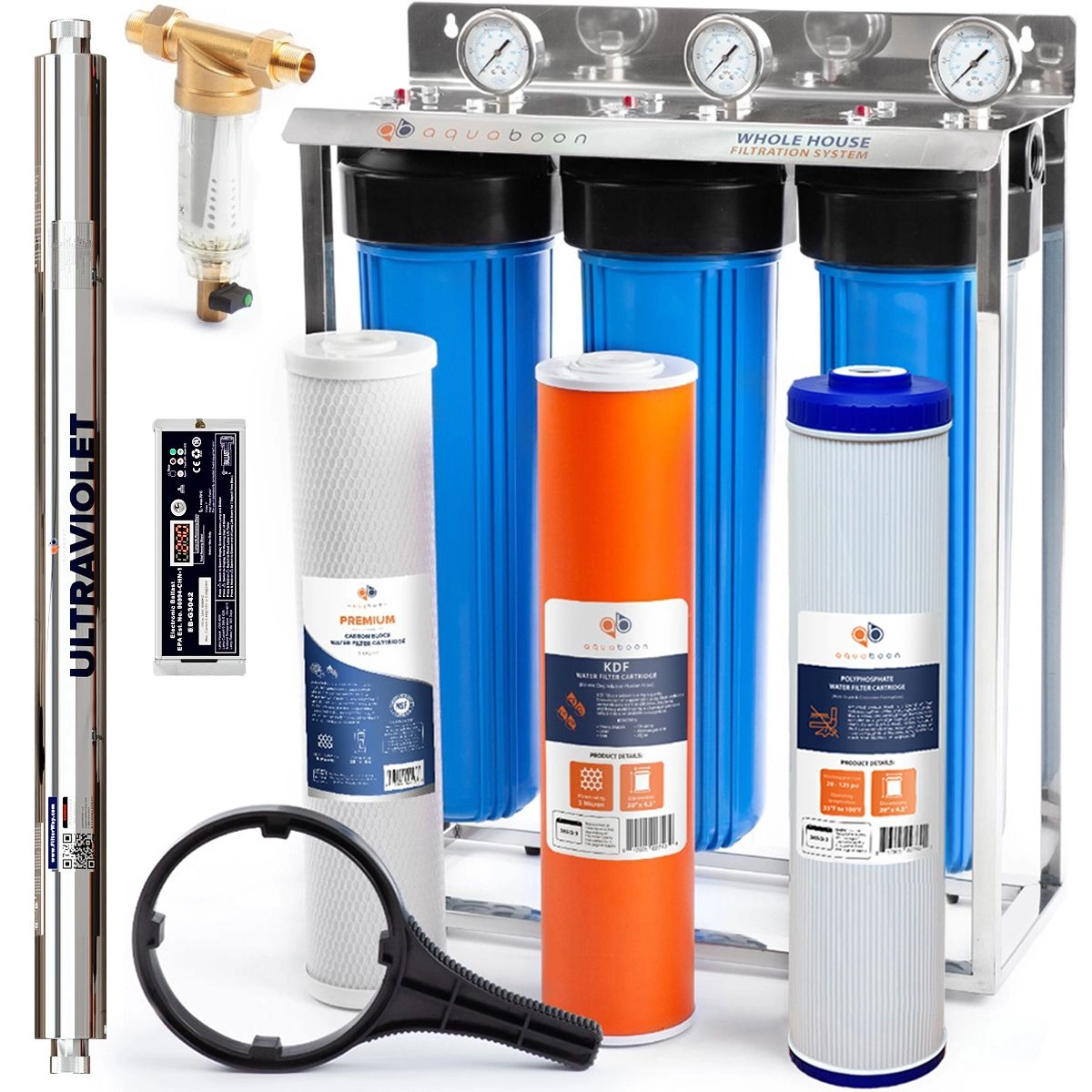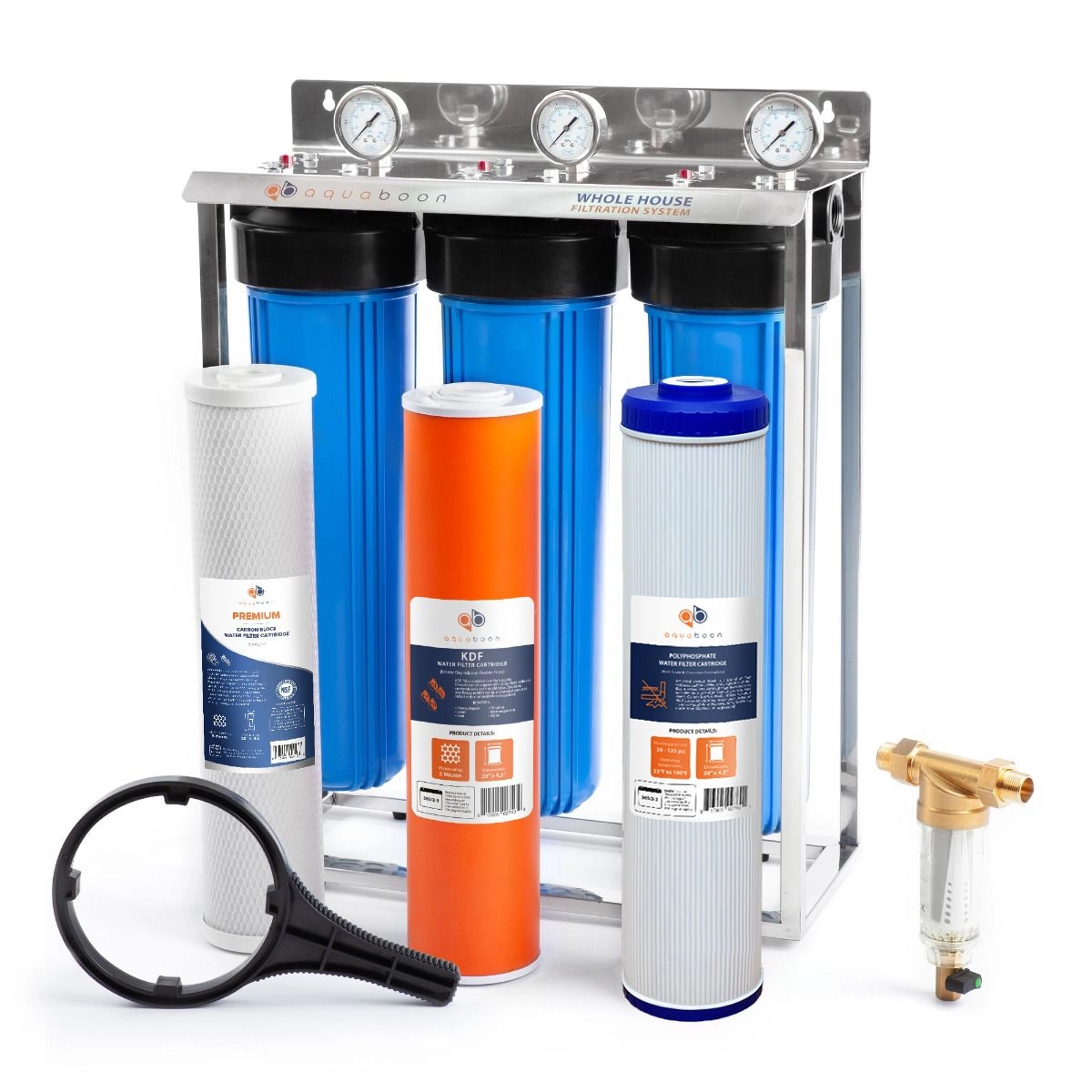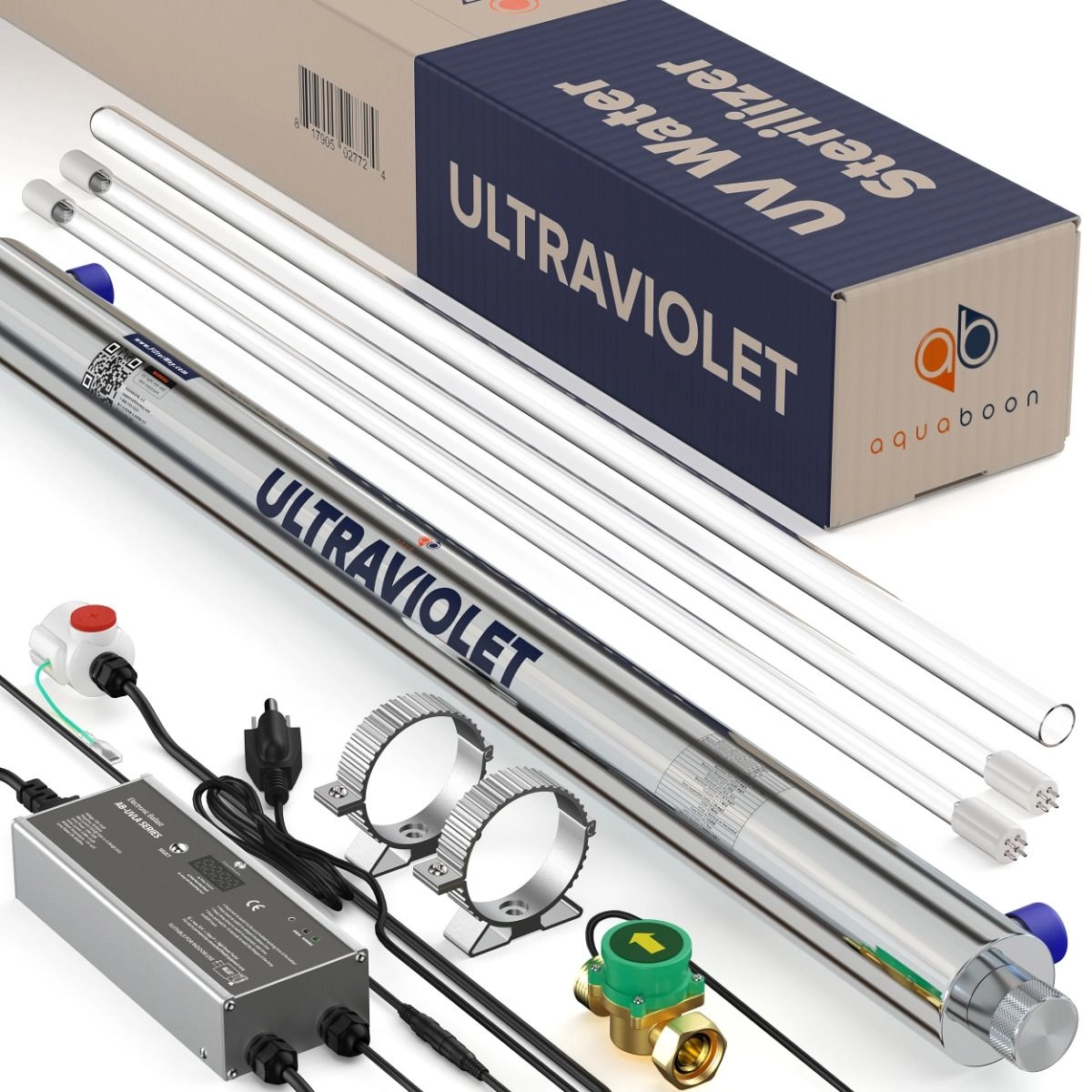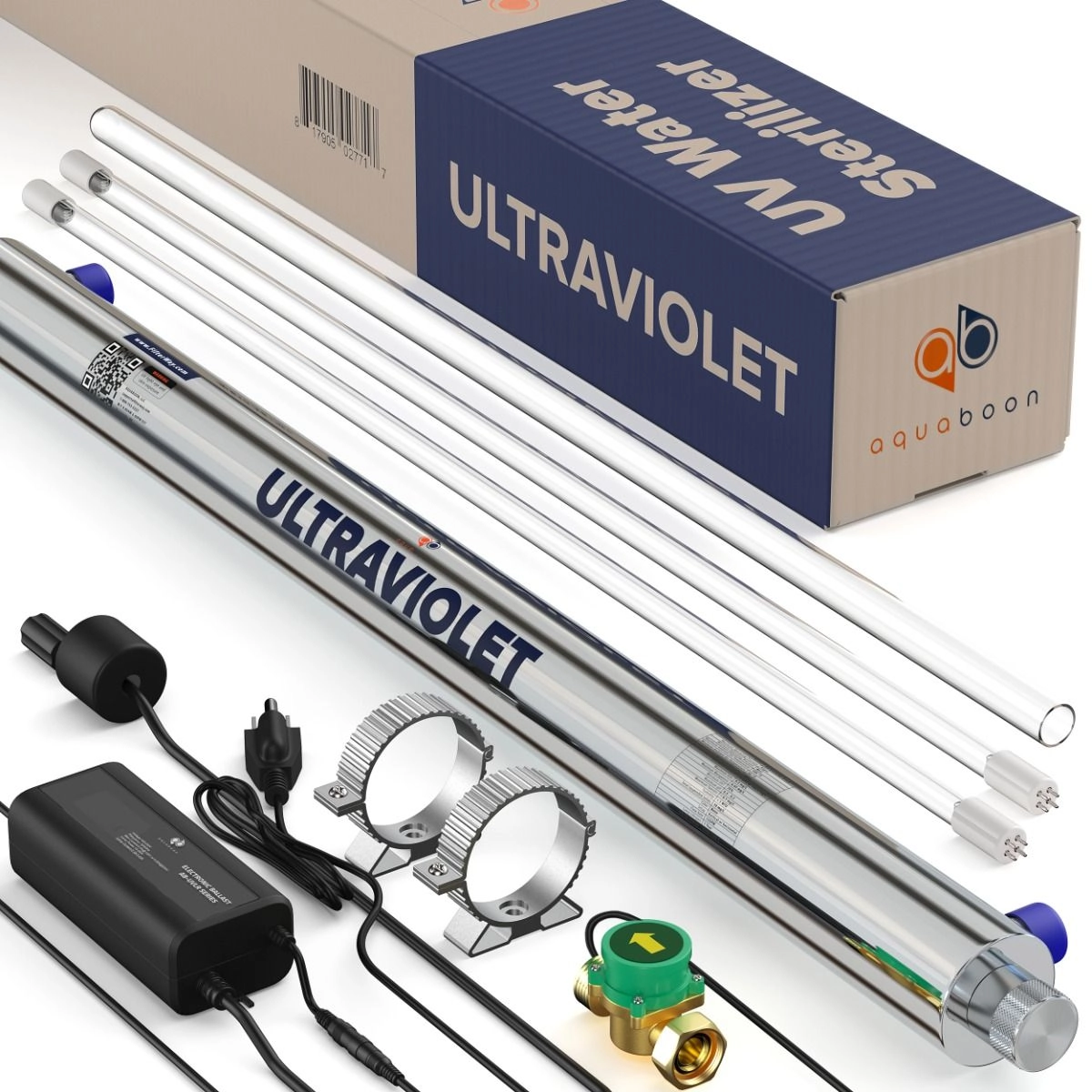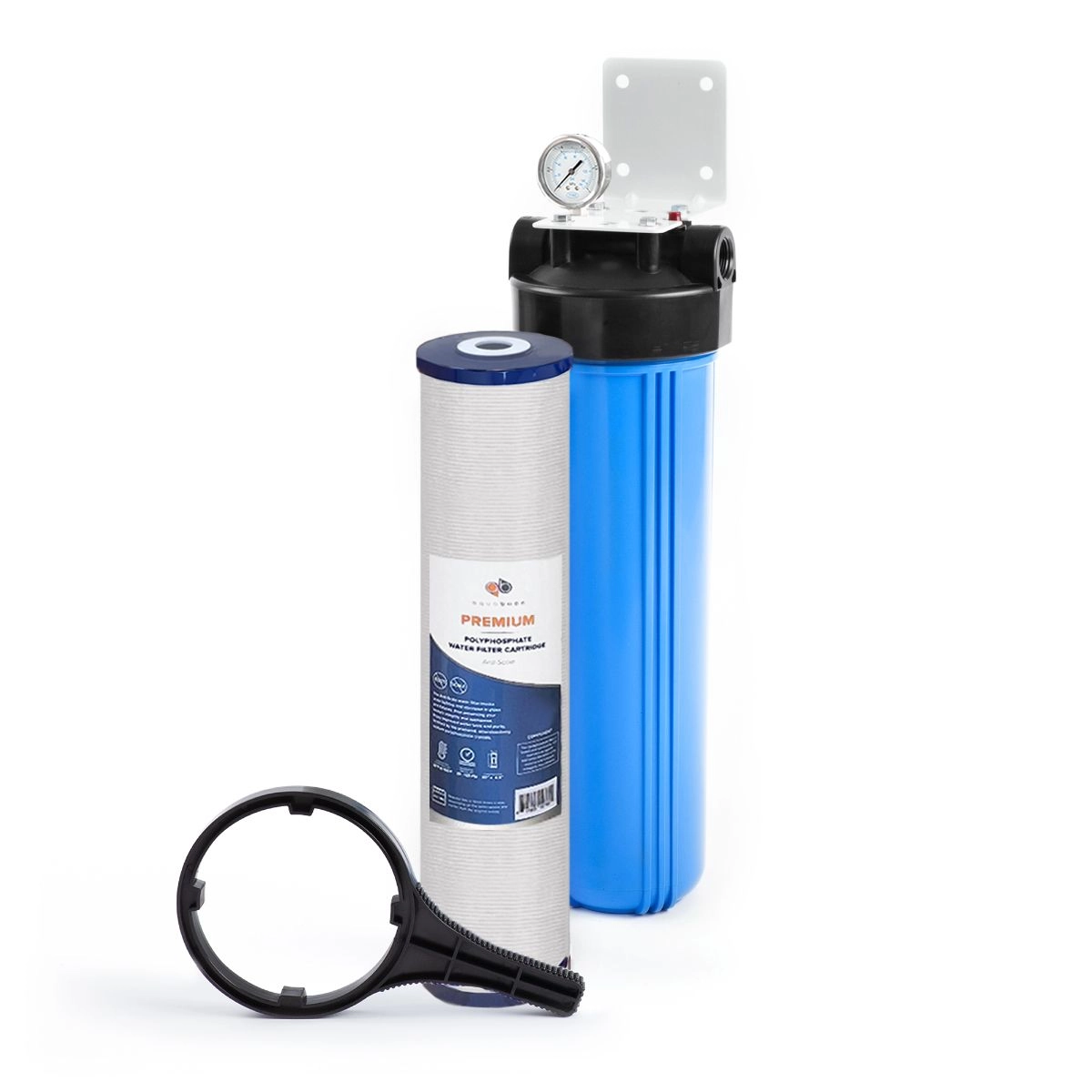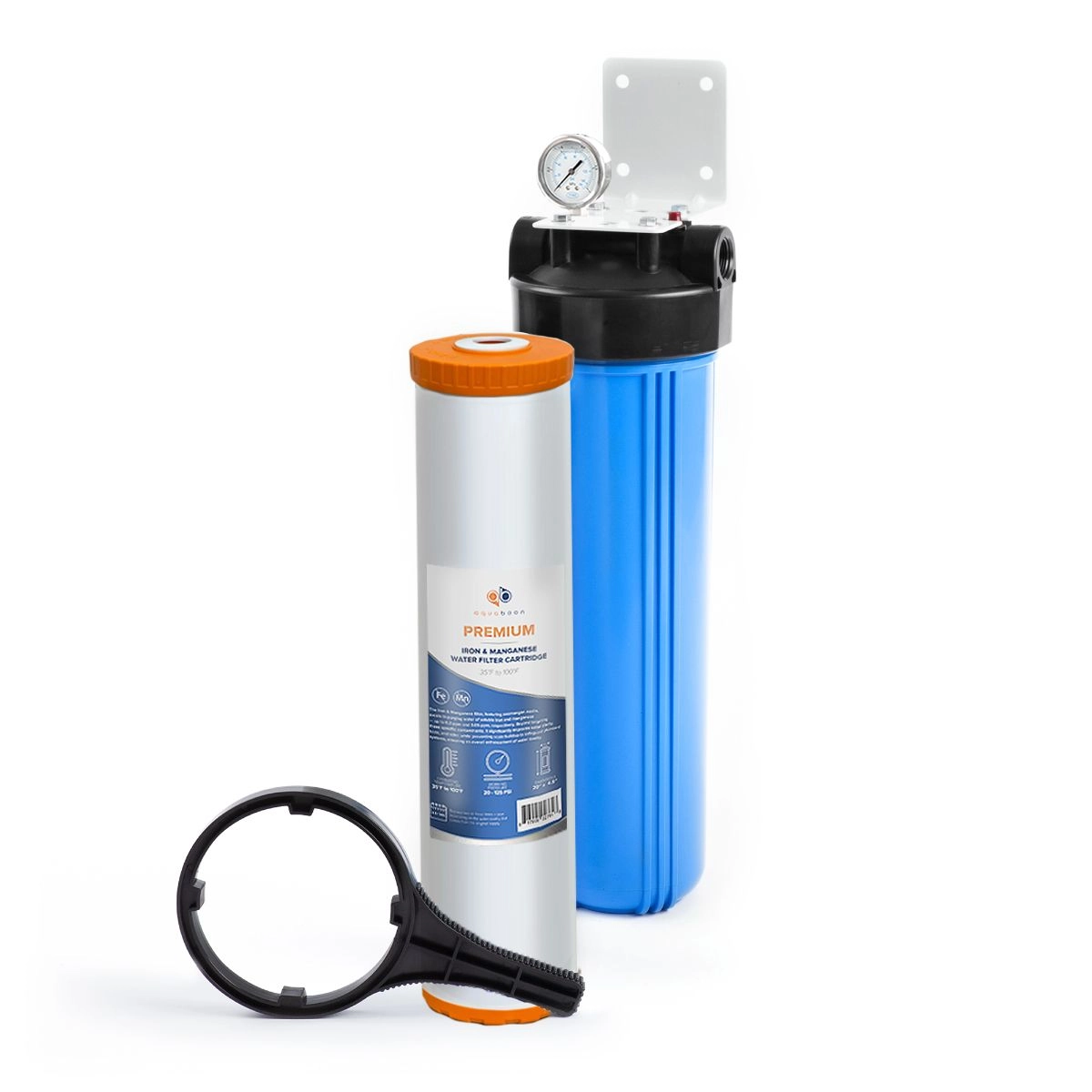In 2018, the city of Austin issued a boil-water alert as it struggled with the effects of that year’s flooding. The plan was that people should not drink directly from the tap without first boiling it. At least until the utility company got back to full operation.
This caused a rush for bottled products, while for others, it was a matter of boiled water vs. filtered water.
Whether there is an emergency or not, it is important that you don’t drink directly from the tap, however, there are a lot of different opinions out there about filtration and boiling.
Some people believe that filtering is the best way to go, while others think that it's a waste of money. So what's the truth?
In this article, we’ll take a closer look at filtered water vs boiled water and help you decide which is the best option.
What Are Filtered and Boiled Water?
These are two of the most common types of drinking water. The difference between them is the way they are treated before being consumed.
Filtered: This is obtained by passing tap water through a filtration system to remove any impurities or particulates. These devices come in different shapes and sizes, including mineral filters for access to mineral-rich water.
Boiled: This refers to the process of heating tap water in order for it to become drinkable. This is done without adding any chemicals and takes about 10 minutes of boiling before the water is safe and clean enough to drink. It has to cool down first though.
Now that we know what these two processes involve, which one is better than the other?
Advantages and Disadvantages of Filtration System
One way to resolve the controversy surrounding the water filter vs boiling water issue is to look at how one stacks up against the other. Here, we’ll look at the advantages and disadvantages of the filtration system.
Advantages
- Filtration is cost-effective.
- Filtering has enormous environmental benefits.
- Filters require little maintenance.
- Filters can also remove chlorine and other matter that can give your drink an unpleasant taste or odor.
- Filtering removes impurities and dangerous contaminants, such as lead, mercury, chlorine, arsenic, and a slew of chemicals.
- Using filters, you can retain vital minerals such as magnesium, calcium, fluoride, and zinc.
Disadvantages
- It does not eliminate all contaminants.
- The cost of filter systems will increase each year since filters must be changed every couple of months.
- The rate of filtration is slow, which results in a slow output.
- Some products are difficult to install.
Advantages and Disadvantages of Boiling
Apart from boiling cooking, washing, and making tea, boiling is also quite good for purifying water for drinking. But that you can easily boil does not automatically settle the matter of boiling vs filtering water. We also need to look at the advantages and disadvantages of this method.
Advantages
- Makes hard water soft.
- It's an efficient method of purification.
- Boiling removes chlorine
- It is among the most energy-effective means of purging impurities from water.
- According to the CDC, boiling is the most effective way to eliminate disease-causing organisms such as viruses, bacteria, and parasites.
Disadvantages
- You must boil for a long time, at least 10 minutes, or else, bacteria won't die.
- Boiling accelerates evaporation, leaving hazardous chemicals behind.
- You cannot safely remove unwanted contaminants like lead, arsenic, magnesium, and nitrates by boiling only.


